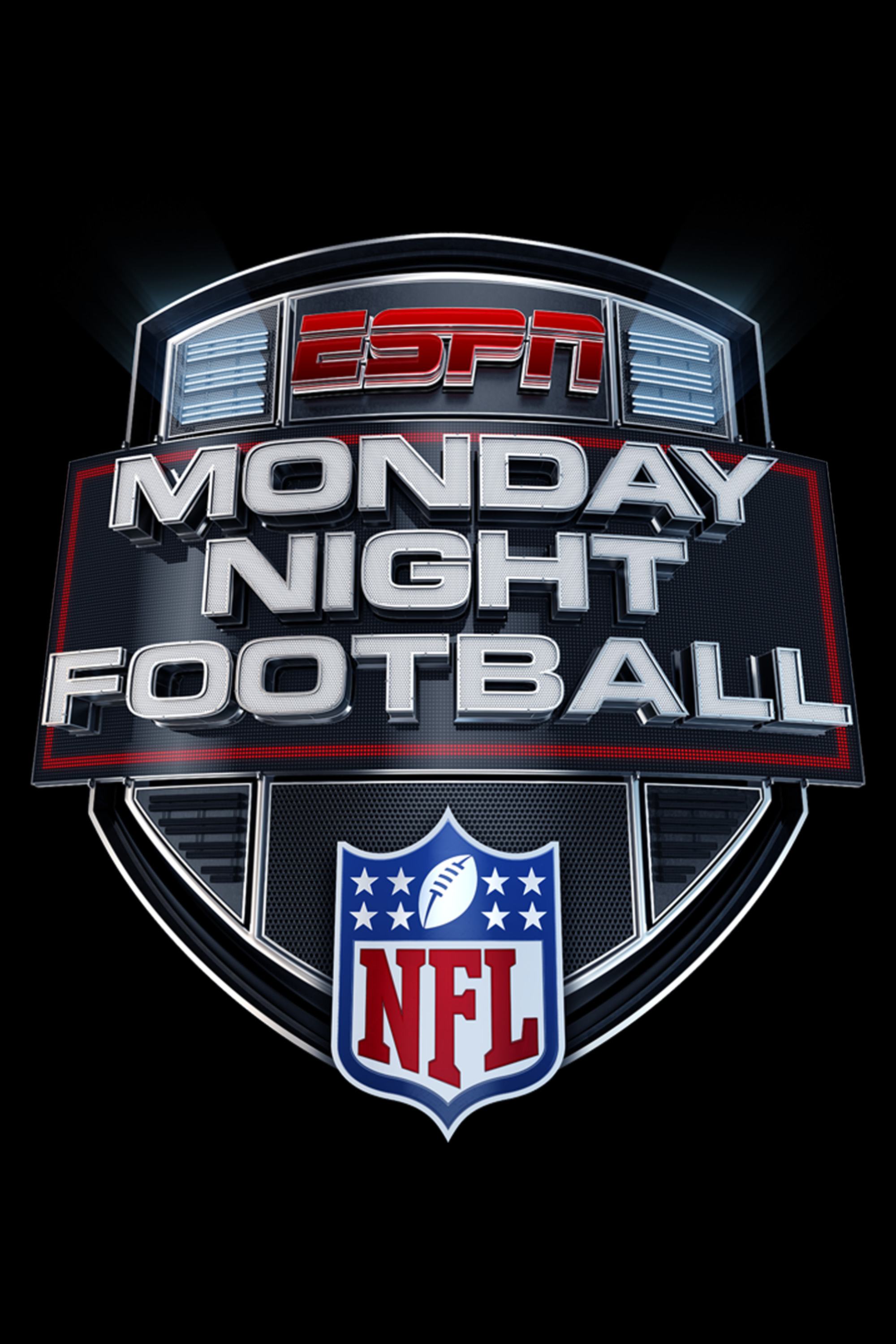Table of Contents
- Introduction
- The Origins of Monday Night Football
- The Golden Era: 1970s to 1990s
- Iconic Moments in Monday Night Football History
- The ABC Era and Its Impact
- The ESPN Era: A New Chapter
- The Broadcasting Legends
- The Economic Impact of Monday Night Football
- The Cultural Significance
- The Future of Monday Night Football
- Conclusion
Monday Night Football has long been a cornerstone of American sports culture, captivating millions of fans every week with its thrilling matchups and electrifying atmosphere. Since its inception, this iconic program has not only redefined how sports are broadcast but has also become a symbol of entertainment and tradition. The history of Monday Night Football is a testament to its enduring popularity and its ability to adapt to the ever-changing landscape of sports media.
From its humble beginnings in the 1970s to its current status as a global phenomenon, Monday Night Football has consistently delivered unforgettable moments and groundbreaking innovations. Whether it's the legendary commentary, the high-stakes games, or the cultural impact, this program has left an indelible mark on sports history. In this article, we will explore the fascinating journey of Monday Night Football, highlighting its origins, iconic moments, and the people who made it a household name.
Read also:Unveiling The Role Of Mike Majlaks Assistant A Behindthescenes Look
Understanding the history of Monday Night Football is not just about nostalgia; it’s about appreciating how this program has shaped the way we consume sports. As a YMYL (Your Money or Your Life) topic, this article aims to provide accurate, trustworthy, and authoritative information for sports enthusiasts and casual viewers alike. By the end of this piece, you’ll have a comprehensive understanding of why Monday Night Football remains a beloved tradition for millions.
The Origins of Monday Night Football
The concept of Monday Night Football was revolutionary when it first aired in 1970. At the time, prime-time sports broadcasts were virtually unheard of, and the idea of airing a football game on a Monday night seemed risky. However, ABC, under the leadership of Roone Arledge, saw an opportunity to captivate audiences and create a new tradition in sports entertainment.
The first-ever Monday Night Football game took place on September 21, 1970, between the Cleveland Browns and the New York Jets. The game was broadcast from Cleveland Stadium, and it quickly became apparent that this was no ordinary sports event. The combination of high-stakes football, charismatic commentators, and the unique prime-time slot created an instant hit. The Browns defeated the Jets 31-21, but the real winner was ABC, which saw record-breaking ratings.
One of the key factors behind the success of Monday Night Football was its innovative broadcasting style. Unlike traditional sports broadcasts, which focused solely on the game, Monday Night Football introduced a more entertainment-driven approach. The commentators, including the legendary Howard Cosell, brought personality and flair to the broadcast, making it as much about the experience as it was about the sport itself.
The Golden Era: 1970s to 1990s
The 1970s and 1990s are often referred to as the Golden Era of Monday Night Football. During this period, the program reached unprecedented levels of popularity, thanks to its star-studded broadcasting team and memorable games. The trio of Howard Cosell, Frank Gifford, and Don Meredith became synonymous with Monday Night Football, and their chemistry on air was a major draw for viewers.
One of the most iconic moments during this era occurred on November 18, 1985, when the New York Giants defeated the Washington Redskins 22-21 in a thrilling overtime game. Known as the "Monday Night Miracle," this game showcased the drama and excitement that made Monday Night Football a must-watch event. The game was so intense that it left fans on the edge of their seats, cementing its place in sports history.
Read also:Unraveling The Mystique Of Hope Sandovals Husband
Another highlight of this era was the introduction of new technologies and innovations. For example, ABC was one of the first networks to use instant replay and multiple camera angles, enhancing the viewing experience for fans. These advancements not only set Monday Night Football apart from other sports broadcasts but also paved the way for future innovations in sports media.
Iconic Moments in Monday Night Football History
Over the decades, Monday Night Football has been the stage for countless iconic moments that have left a lasting impact on sports history. From dramatic comebacks to record-breaking performances, these moments have defined the program and solidified its place in the hearts of fans.
- The "Ice Bowl" (1972): Played in freezing conditions, this game between the Green Bay Packers and the Chicago Bears showcased the resilience and determination of both teams.
- Joe Namath's Guarantee (1969): Although not a Monday Night Football game, Namath's bold prediction and subsequent victory in the Super Bowl set the stage for the program's rise in popularity.
- The "Miracle at the Meadowlands" (1981): A last-second fumble by the New York Giants allowed the Philadelphia Eagles to score a dramatic victory, shocking fans worldwide.
These moments, among many others, have contributed to the rich tapestry of Monday Night Football history. They remind us why this program continues to captivate audiences and why it remains a cultural phenomenon.
The ABC Era and Its Impact
During its tenure on ABC, Monday Night Football became a cultural institution, influencing not only sports broadcasting but also popular culture as a whole. The program's success was driven by its ability to blend sports with entertainment, creating a unique viewing experience that appealed to a wide audience.
One of the key figures during this era was Roone Arledge, the visionary producer who transformed sports broadcasting. Arledge's innovative approach, which included the use of advanced technologies and storytelling techniques, set a new standard for sports media. His leadership helped establish Monday Night Football as a premier sports program and solidified ABC's reputation as a leader in the industry.
The impact of the ABC era can still be felt today. Many of the innovations introduced during this time, such as instant replay and multiple camera angles, have become standard features in modern sports broadcasts. Additionally, the program's emphasis on storytelling and personality has influenced countless other sports programs, both in the United States and around the world.
The ESPN Era: A New Chapter
In 2006, Monday Night Football made the transition from ABC to ESPN, marking the beginning of a new chapter in its history. This move was part of a larger shift in sports media, as cable networks began to play a more prominent role in broadcasting major sporting events.
Under ESPN, Monday Night Football continued to thrive, thanks in part to the network's extensive resources and expertise in sports broadcasting. ESPN introduced several new features, such as enhanced graphics and interactive elements, to further enhance the viewing experience. The program also benefited from ESPN's global reach, allowing it to attract a wider audience than ever before.
Key Innovations in the ESPN Era
- Advanced Analytics: ESPN integrated advanced statistics and analytics into its broadcasts, providing viewers with deeper insights into the game.
- Mobile and Streaming Options: The rise of digital platforms allowed fans to watch Monday Night Football on their smartphones and tablets, making it more accessible than ever.
- Expanded Coverage: ESPN expanded its pre-game and post-game coverage, offering fans more content and analysis than ever before.
These innovations have helped Monday Night Football maintain its relevance in an increasingly competitive media landscape. By embracing new technologies and platforms, ESPN has ensured that the program remains a staple of American sports culture.
The Broadcasting Legends
One of the defining features of Monday Night Football has been its legendary broadcasting team. Over the years, the program has featured some of the most iconic voices in sports media, each bringing their unique style and personality to the broadcast.
Howard Cosell
Howard Cosell was one of the original commentators for Monday Night Football and remains one of its most memorable figures. Known for his sharp wit and outspoken commentary, Cosell brought a level of sophistication and entertainment to the broadcast that had never been seen before. His famous catchphrase, "Down goes Frazier!" became synonymous with the program.
Al Michaels
Al Michaels, who joined the program in the 1980s, is another broadcasting legend associated with Monday Night Football. Known for his smooth delivery and ability to capture the drama of the game, Michaels became a fan favorite during his tenure on the program. His famous call of "The Catch" during the 1982 NFC Championship game remains one of the most iconic moments in sports broadcasting history.
Booger McFarland
In the ESPN era, analysts like Booger McFarland have added a new dimension to the broadcast. Known for his insightful analysis and engaging personality, McFarland has helped keep the program fresh and relevant for modern audiences.
The Economic Impact of Monday Night Football
The history of Monday Night Football is not just about sports and entertainment; it’s also about economics. The program has had a significant impact on the sports industry, generating billions of dollars in revenue through advertising, sponsorships, and merchandise sales.
One of the key economic drivers of Monday Night Football is advertising. The program's prime-time slot and massive viewership make it an attractive platform for advertisers, who are willing to pay top dollar for commercial spots. According to Nielsen ratings, Monday Night Football consistently ranks among the most-watched programs in the United States, making it a valuable asset for networks and advertisers alike.
In addition to advertising, Monday Night Football has also had a significant impact on local economies. Host cities often see a boost in tourism and business during game days, as fans flock to stadiums and surrounding areas to celebrate the event. This economic impact extends beyond the game itself, benefiting restaurants, hotels, and other local businesses.
The Cultural Significance
Beyond its economic impact, Monday Night Football holds a special place in American culture. The program has become a symbol of unity, bringing together fans from all walks of life to celebrate their shared love of football. Whether it's gathering with friends and family for a game or tuning in solo, Monday Night Football has become a cherished tradition for millions.
The program has also played a role in shaping the cultural narrative around sports. From its early days as a groundbreaking prime-time broadcast to its current status as a global phenomenon, Monday Night Football has consistently pushed the boundaries of what sports media can achieve. Its influence can be seen in everything from the way games are broadcast to the way fans engage with sports.
Moreover, Monday Night Football has served as a platform for social and political commentary. Over the years, the program has addressed issues such as race, equality, and patriotism, sparking important conversations both on and off the field. These discussions have added depth and meaning to the program, making it more than just a sports broadcast.
The Future of Monday Night Football
As we look to the future, the history of Monday Night Football serves as a reminder of the program's resilience and adaptability. In an era of rapidly changing media landscapes, Monday Night Football has continued to evolve, embracing new technologies and platforms to remain relevant.
One of the key challenges facing the program is the rise of streaming services and digital media. As more

